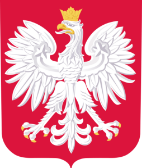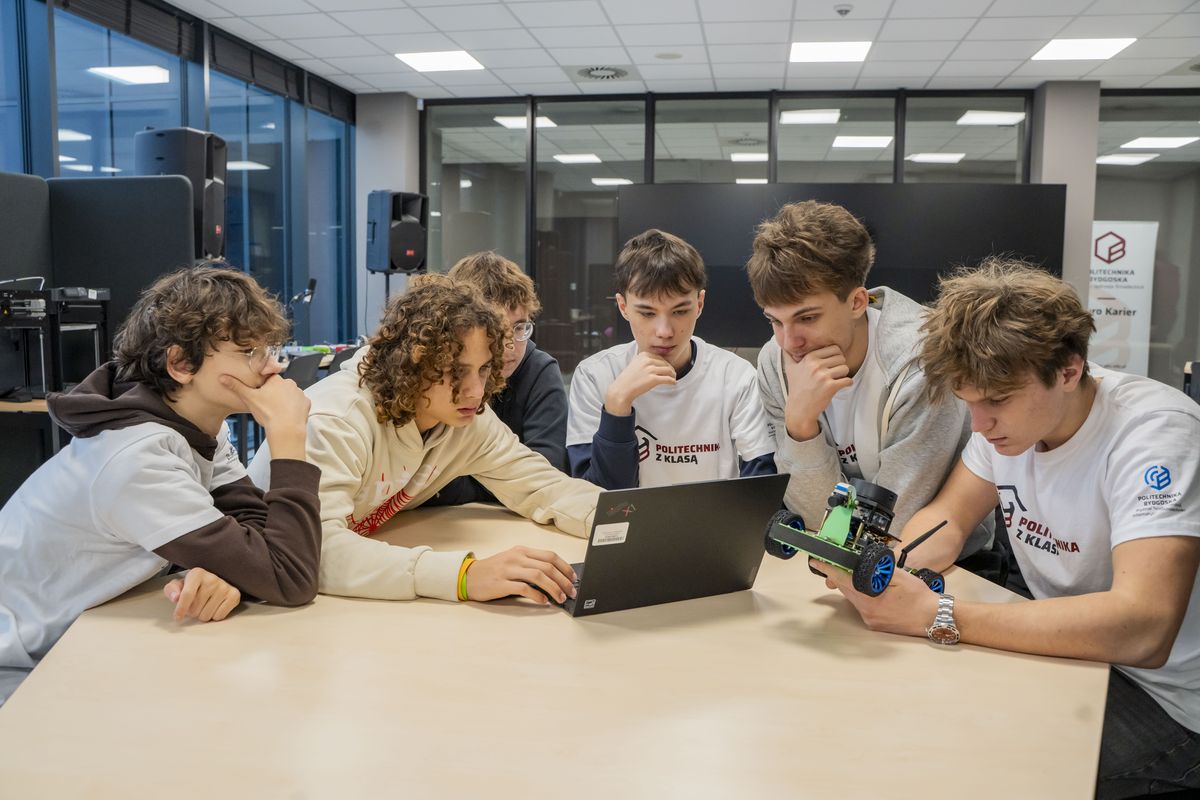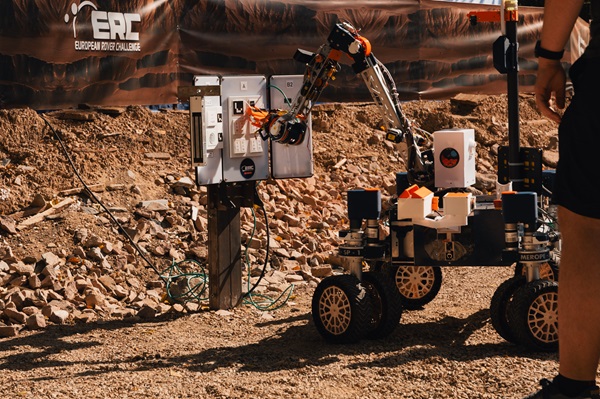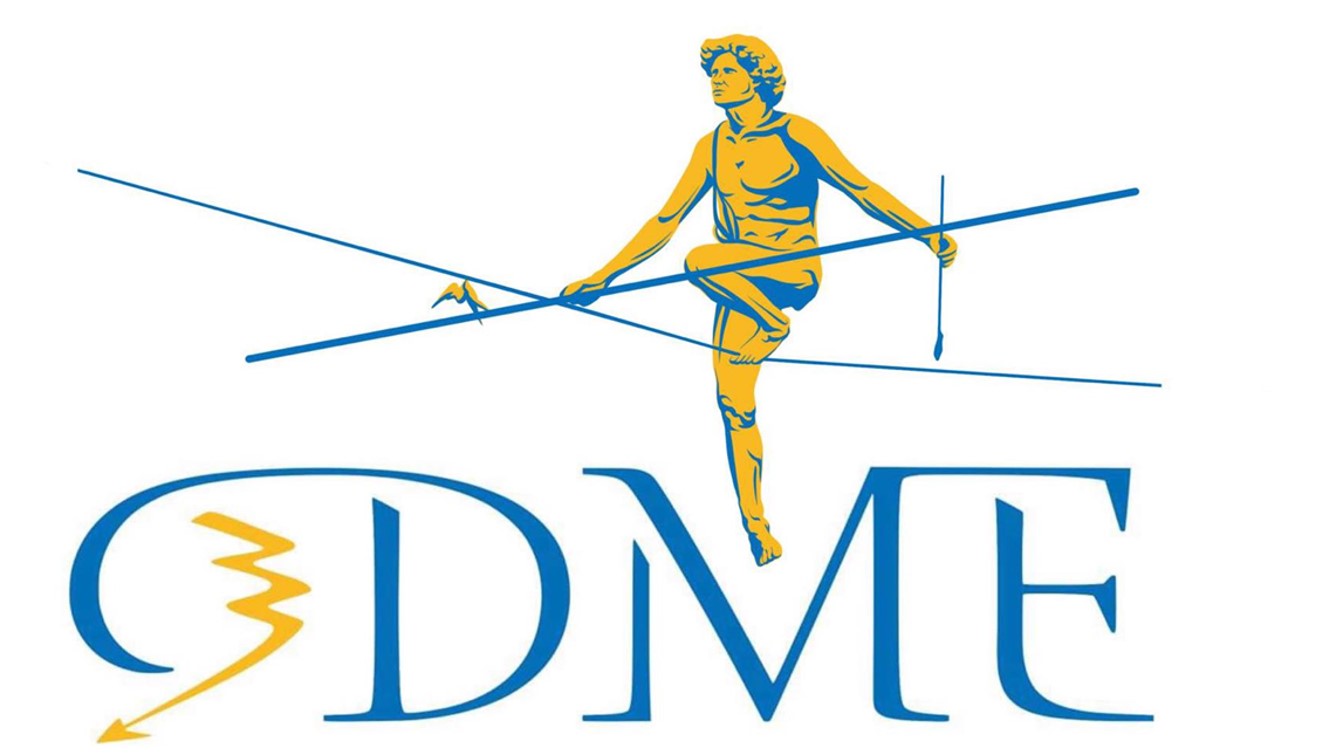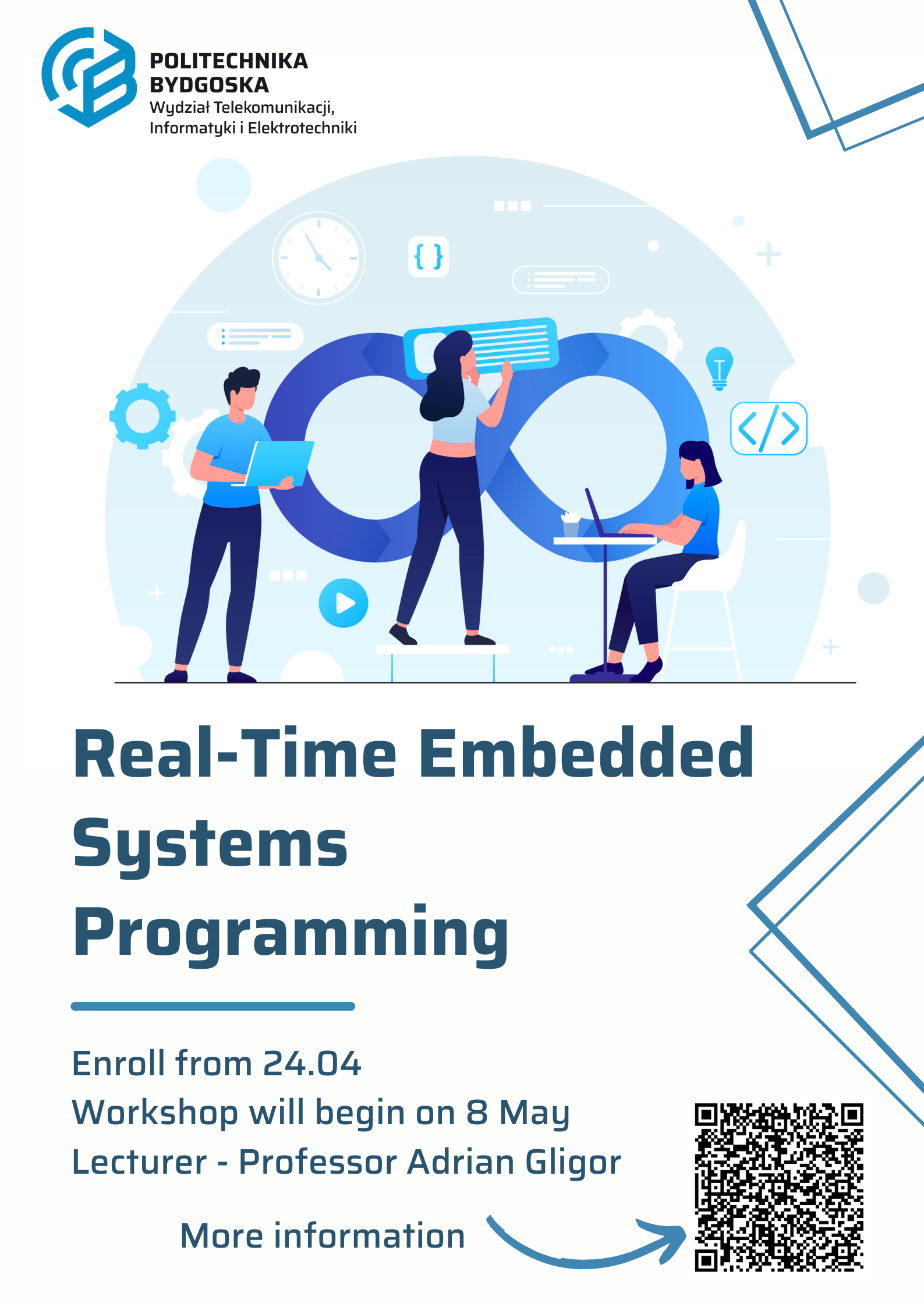
Drodzy Studenci!
Serdecznie zachęcamy do wzięcia udziału w cyklu 10 zdalnych warsztatów Real-Time Embedded Systems Programming, które będą prowadzone przez specjlistę z tej dziedziny Profesora Adriana Gliogor z Uniwersytet Medycyny, Farmacji, Nauki i Technologii im. George'a Emila Palade'a w Targu Mures.
Warsztaty będą odbywały się między 8.05.2023 a 9.06.2023, a dokładne terminarz zostanie ustalony po zakończeniu zapisów. Na zakończenie warsztatów uczestnicy otrzymają certyfikat.
Zapisy: https://forms.office.com/e/t8yGaUZ9dV
Liczba miejsc ograniczona.
Szczegóły:
The course aims to facilitate the assimilation of theoretical and practical knowledge related to the development of real-time applications implemented with embedded systems.
The main targeted specific objectives are:
- familiarization with the characteristics and architecture of the real-time embedded systems;
- acquisition of the knowledge necessary in real-time concurent implementations;
- familiarization with embedded applications development with the aim of real-time operating systems and their API for efficient real-time code development;
- familiarization with the techniques and tools used in modeling, verification, implementation and testing of real-time applications.
Topics studied include chapters such as:
- Introduction - Definition of real-time embedded systems. Time in real-time systems. Classification of real-time systems and examples. Characteristics of real-time systems. Architectures of real-time systems;
- Concepts on real-time software applications development - Concurrent programming paradigm. Multi-process, multi-threaded, implementations based on tasks or coroutines. Basic problems of concurrency and its control
- Real-time operating systems. General presentation. Structure of real-time operating systems, architecture and objects. Case study: FreeRTOS.
- Concurrency aspects of real-time applications. Synchronization objects - Binary and Generalized Semaphores, Mutual exclusion. Messages based communication and synchronization - Message queues. Monitors - Synchronization of tasks with the help of monitors.
- Time control and Scheduling in Real Time Systems.
- Basic Software Engineering Concepts and Tools for Embedded Real-Time Software Development.
Practical examples will be implemented and tested using C/C++ language with Arduino (eg. UNO/MEGA) or Raspberry Pi Pico RP 2040 development boards.
 Poczta
Poczta
 USOSweb
USOSweb
 Znajdź pracownika
Znajdź pracownika
 Tłumacz
Tłumacz
 Вступна кампанія
Вступна кампанія


